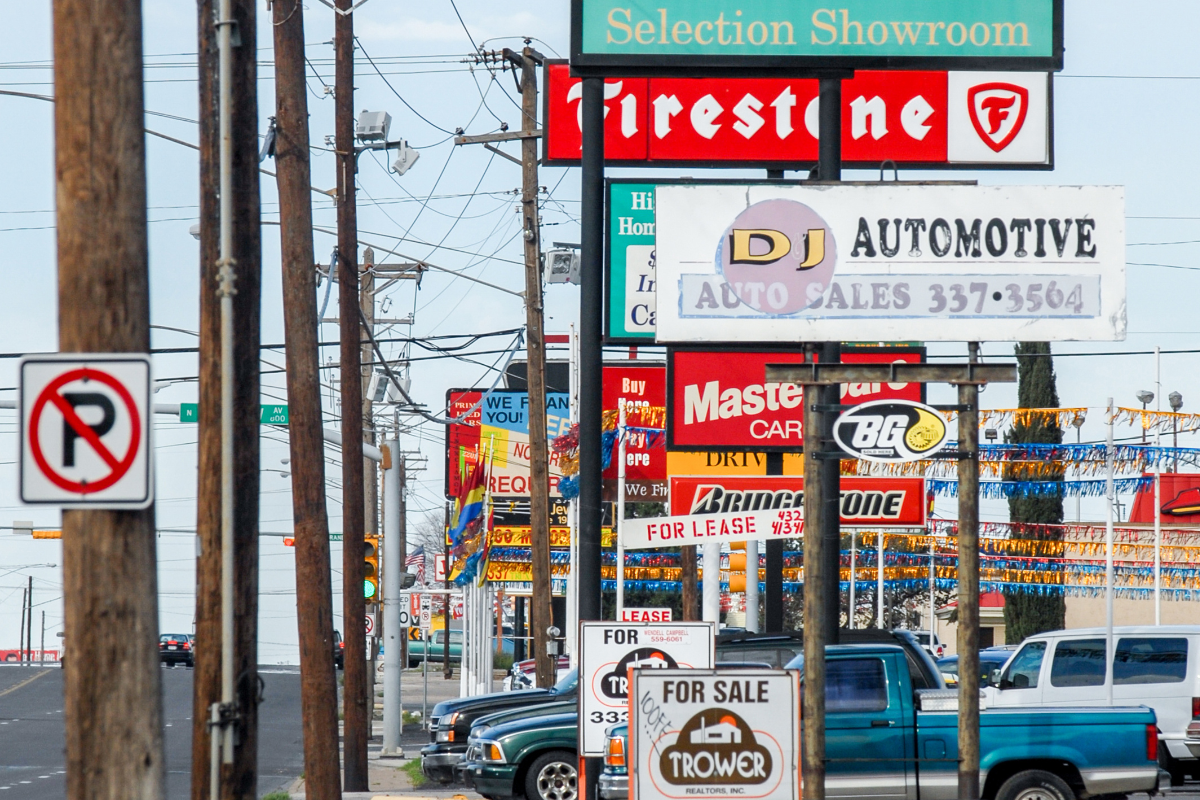False Advertising Lawsuits: A Way to Curb Shrinkflation or Frivolous Lawsuits?
Inflation comes in one of two flavors: prices go up or the quality of products goes down. However, at what point does “shrinkflation” – the downsizing or shrinking of goods or services – become outright false advertising? And are lawsuits the counter to egregious shrinkflation?
Four plaintiffs in southern Florida, Nathan Vidal, Debra Kennick, Abdjul Martin and Eduardo Granados, filed a lawsuit against Hershey for allegedly misleading customers about the artistic detail of the company’s Reese’s peanut butter candies. The lawsuit claims they were “very disappointed” that the candies they purchased in 2023 were plain and lacked the “explicit carved out artistic designs” displayed on the packaging. The candies were supposed to include Halloween, Christmas, Peanut Butter football, and Reese’s Medal themes.
Cynthia Kelly had filed a similar lawsuit in Tampa Florida last December. Kelly states she would not have paid $4.49 for a bag of Reese’s Peanut Butter Pumpkins had she known that the candies not only lacked the “cute looking” carved eyes and mouth shown on the packaging, but any carvings at all.
The lawsuit seeks at least $5million. Companies such as Burger King, Subway, and Taco Bell have faced similar lawsuits for selling food that did not appear as advertised.
 False Advertising or Puffery
False Advertising or Puffery
False advertising applies to any promotions or advertising that misrepresents the nature, quality, characteristics, or origin of goods or services. A business that knowingly releases an ad that contains misleading, deceptive, or untrue statements to sell their product can be held liable for false advertising. Common false advertising tactics may include misleading information about a product (peanut free but in fact it contains peanuts) or deceptive illustrations that misrepresent the product.
However, businesses may be allowed to slightly exaggerate some of their products, also known as “puffery.” Anyone who sells a product or service will seek to advertise the best thing about what they are selling, whether it is a burger or an applicant seeking a job. A person is allowed to boast about what they are selling but cannot outright lie about it. A Burger King does not have to replicate their advertising photographs exactly, but the food they sell should come close even if the exact dimensions are slightly off.
Food from advertising may be smaller when purchased as long as the business is not making an explicit promise about how large the food actually is. If Subway promises a “footlong” sandwich, there is a much greater expectation that the sandwich must be a footlong than if Subway promises a “large” sandwich. Otherwise, the business may be within its right to continue advertising its product.
Do I Need an Attorney for Help with False Advertising Issues?
Working with a skilled business lawyer for false advertising issues can be a valuable asset for your claim. A lawyer who handles false advertising cases on a regular basis will already be familiar with the laws that apply, will know which claims are strong enough to make it to court, and will be able to predict the possible outcomes of your case based on the relevant facts.


Comments